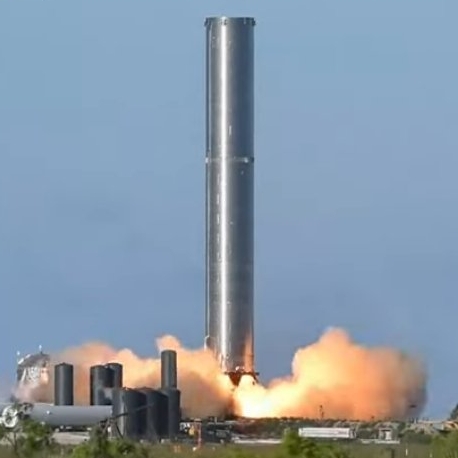Astronomers detect for the first time an accretion disk around an exoplanet
Using the Atacama Large Millimetre/submillimeter Array (ALMA) in Chile, astronomers have made the first confirmed images of a moon-forming accretion disk around another a very young exoplanet.
The photo to the right shows this, with the top image the wide view showing the exoplanet in its orbit around the star, in an area inside the star’s own accretion disk (the larger ring) that the planet has apparently cleared of debris as it gathered itself. The bottom image zooms into the planet to show its own disk of material.
From the press release:
The disc in question, called a circumplanetary disc, surrounds the exoplanet PDS 70c, one of two giant, Jupiter-like planets orbiting a star nearly 400 light-years away. Astronomers had found hints of a “moon-forming” disc around this exoplanet before but, since they could not clearly tell the disc apart from its surrounding environment, they could not confirm its detection — until now.
In addition, with the help of ALMA, Benisty and her team found that the disc has about the same diameter as the distance from our Sun to the Earth and enough mass to form up to three satellites the size of the Moon.
The exoplanet’s disk is thus very large compared to our solar system, but that isn’t surprising considering the difficulty of observing it at such distances. Disks comparable in size to our solar system and the Earth-Moon system are simply too small for any telescope to yet image in this way.
The new data also found this interesting fact: The other known Jupiter-like exoplanet in this system does not have its own accretion disk or any visible debris orbiting it. Why one planet still has such debris and the other does not is a mystery related to the formation of solar systems that is at present not understood.
Using the Atacama Large Millimetre/submillimeter Array (ALMA) in Chile, astronomers have made the first confirmed images of a moon-forming accretion disk around another a very young exoplanet.
The photo to the right shows this, with the top image the wide view showing the exoplanet in its orbit around the star, in an area inside the star’s own accretion disk (the larger ring) that the planet has apparently cleared of debris as it gathered itself. The bottom image zooms into the planet to show its own disk of material.
From the press release:
The disc in question, called a circumplanetary disc, surrounds the exoplanet PDS 70c, one of two giant, Jupiter-like planets orbiting a star nearly 400 light-years away. Astronomers had found hints of a “moon-forming” disc around this exoplanet before but, since they could not clearly tell the disc apart from its surrounding environment, they could not confirm its detection — until now.
In addition, with the help of ALMA, Benisty and her team found that the disc has about the same diameter as the distance from our Sun to the Earth and enough mass to form up to three satellites the size of the Moon.
The exoplanet’s disk is thus very large compared to our solar system, but that isn’t surprising considering the difficulty of observing it at such distances. Disks comparable in size to our solar system and the Earth-Moon system are simply too small for any telescope to yet image in this way.
The new data also found this interesting fact: The other known Jupiter-like exoplanet in this system does not have its own accretion disk or any visible debris orbiting it. Why one planet still has such debris and the other does not is a mystery related to the formation of solar systems that is at present not understood.













